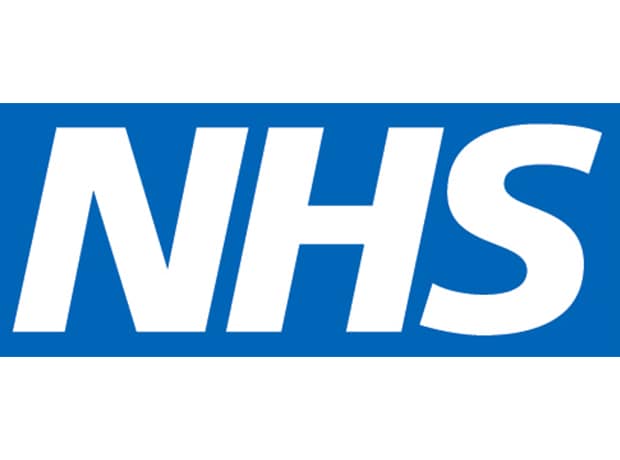Data shows that 1.2 million additional NHS patients are currently eligible for vital medicines but are missing out
New data by PwC for the Association of the British Pharmaceutical Industry (ABPI) highlights the potential benefits of increased investment in clinically and cost-effective new medicines to patients, society and the economy.
The research reveals how the improved use of 13 medicines across four treatment areas – stroke prevention, kidney disease, asthma and type 2 diabetes – can transform patient care, while adding £5bn to the UK economy through increased productivity over patients’ lifetimes.
The data shows that an estimated 1.2 million additional NHS patients are currently eligible for these medicines but are missing out on them. This is greater than the combined populations of Glasgow, Swansea and Sunderland.
Extending the use of these medicines would provide patients with over 429,000 additional years living in good health (QALYs), while £17.9bn in productivity gains is expected to accrue within the UK economy.
The report, Transforming Lives, Raising Productivity, also highlighted three main challenges to address, in order to improve patient outcomes, and to ensure the UK’s status as a priority launch market for new medicines. These include the limited range of access, slow speed of access, and the poor rate of uptake.
Richard Torbett, CEO of ABPI, commented: “The pandemic has starkly highlighted the relationship between the health of the population and the health of the economy. Medicines and vaccines are playing a vital role in getting us all back to work.
“This report shows how we can use the experience from COVID-19 to prevent and treat other diseases which create a drag on the economy. The evidence is clear; providing patients with the medicines they are eligible for will help people live longer, healthier lives, while growing the economy and increasing tax receipts for the government.
“Investment in medicines is already creating more efficient and effective health services in countries around the world, resulting in better health outcomes and improved survival rates. We should be striving for the same,” he added.










